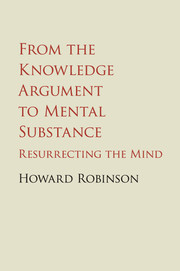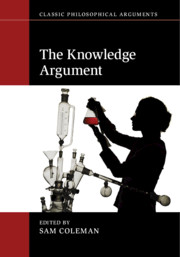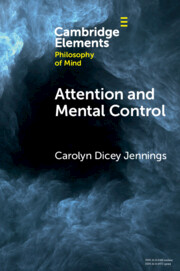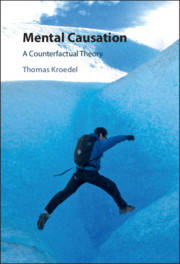From the Knowledge Argument to Mental Substance
This book presents a strong case for substance dualism and offers a comprehensive defense of the knowledge argument, showing that materialism cannot accommodate or explain the 'hard problem' of consciousness. Bringing together the discussion of reductionism and semantic vagueness in an original and illuminating way, Howard Robinson argues that non-fundamental levels of ontology are best treated by a conceptualist account, rather than a realist one. In addition to discussing the standard versions of physicalism, he examines physicalist theories such as those of McDowell and Price, and accounts of neutral monism and panpsychism from Strawson, McGinn and Stoljar. He also explores previously unnoticed historical parallels between Frege and Aristotle, and between Hume and Plotinus. His book will be a valuable resource for scholars and advanced students of philosophy of mind, in particular those looking at consciousness, dualism, and the mind-body problem.
- Provides a comprehensive defense of the knowledge argument
- Argues that physicalists have no response to the hard problem of consciousness
- Offers an original defense of conceptualism for the non-basic
Reviews & endorsements
'From the Knowledge Argument to Mental Substance is an extremely ambitious and original book, crystallizing several decades of Howard Robinson's work in the philosophy of mind … In a field that is sometimes concerned with relatively small details of technical arguments, Robinson's highly ambitious and very novel approach is refreshingly different.' The Times Literary Supplement
Product details
July 2016Adobe eBook Reader
9781316496749
0 pages
0kg
This ISBN is for an eBook version which is distributed on our behalf by a third party.
Table of Contents
- Part I. The Power of the Knowledge Argument:
- 1. Introducing the knowledge argument
- 2. Dennett's denial of Mary's ignorance
- 3. The abilities hypothesis and other functionalist strategies
- 4. Why Frank should not have jilted Mary: the inadequacy of representationalism as a strategy against KA
- 5. The phenomenal concept strategy: more enigma than argument
- 6. Davidson, non-reductive physicalism and naturalism without physicalism
- 7. Mysterianism, neutral monism and panpsychism
- 8. Conclusion: the real power of the knowledge argument – qualia, qualities and our conception of the physical world
- Part II. Why Physicalism Entails Epiphenomenalism:
- 9. Reductionism and the status of the special sciences
- 10. Vagueness, realism, language and thought
- 11. Composite objects, the special sciences, conceptualism and realism
- 12. Why there are (probably) no physical individuals
- 13. Dennett and the human perspective
- Part III. Arguments for Mental Substance:
- 14. Some current arguments for substance dualism
- 15. An argument for the existence of mental substance
- 16. Plotinus, Locke and Hume on the unity of individual substances
- Bibliography
- Index.





